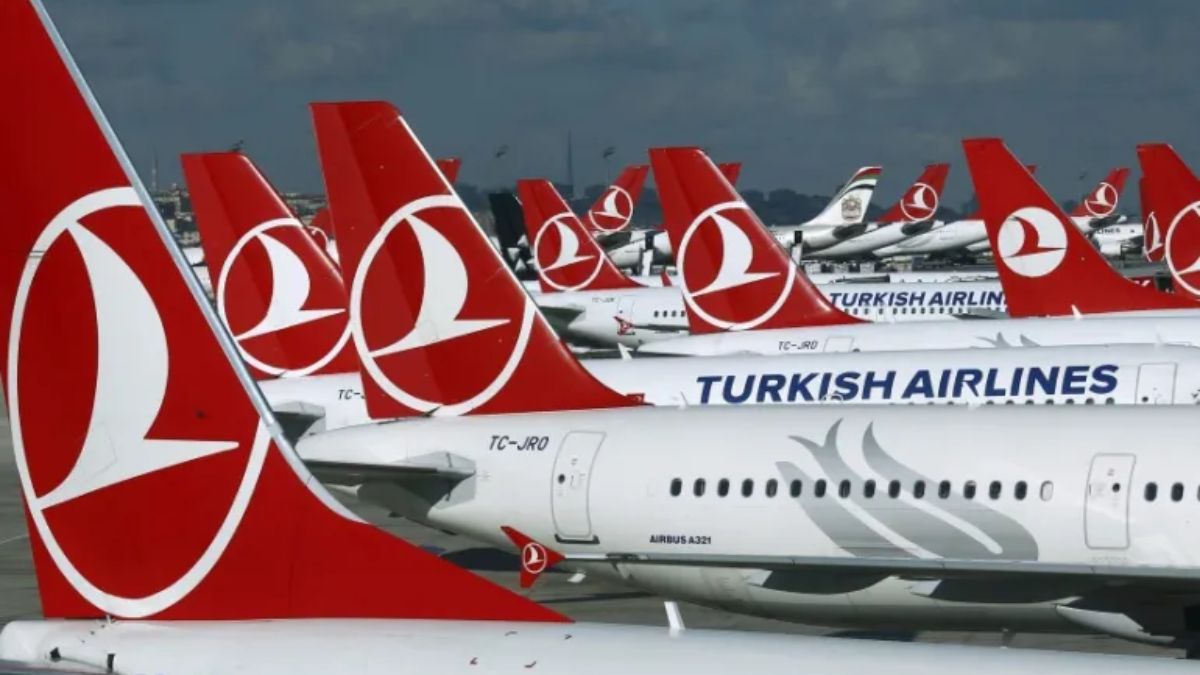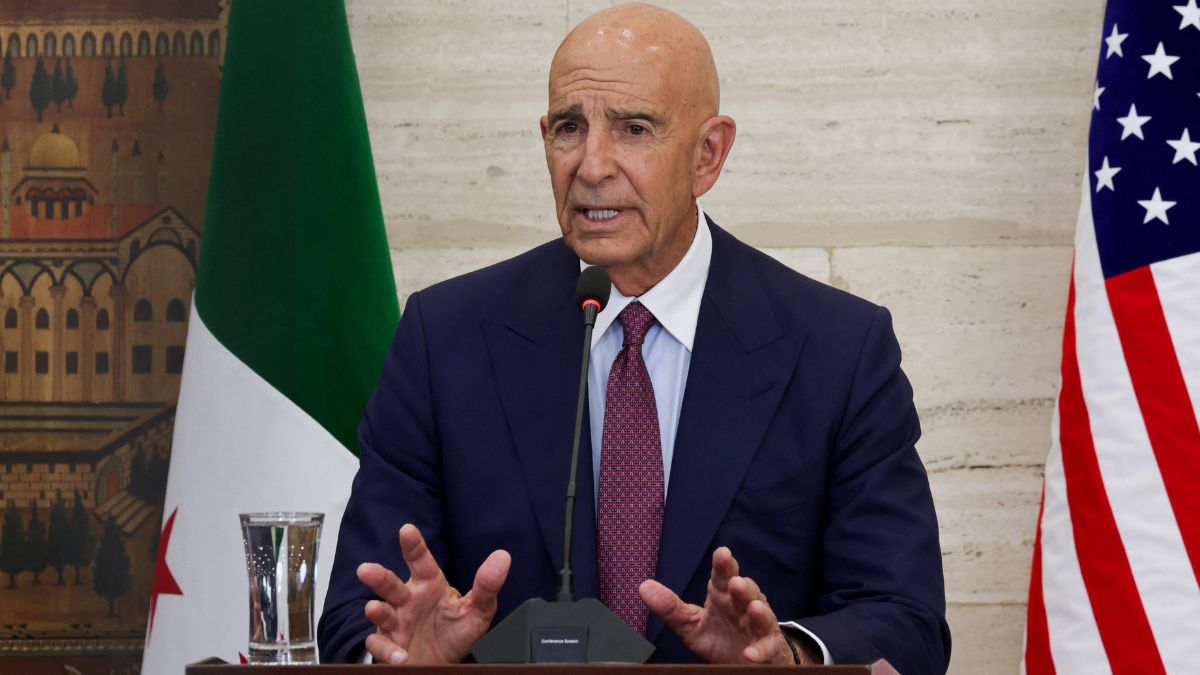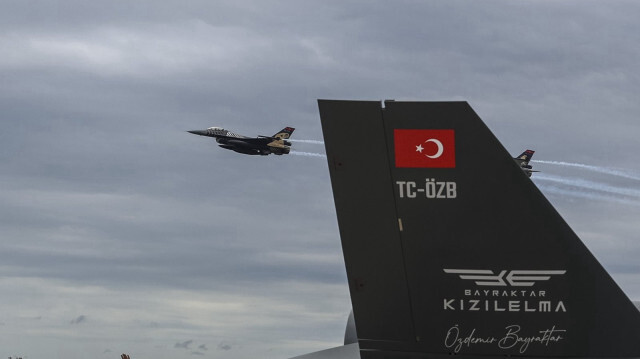When do foreign airlines get banned? Will Turkish Airlines get in trouble?
Airlines can face bans from countries, regions, or international bodies primarily for safety, security, or geopolitical reasons. In Turkish Airlines’ case, all three are applicable in some form
read more
India’s aviation regulator, the Directorate General of Civil Aviation (DGCA), recently raised alarms over safety and compliance violations by Turkish Airlines, sparking speculation about the carrier’s future operations in India.
This scrutiny follows rising diplomatic tensions linked to Turkey’s support for Pakistan amid India’s Operation Sindoor targeting cross-border terrorism.
Why airlines get banned
Airlines can face bans from countries, regions, or international bodies primarily for safety, security, or geopolitical reasons. Failure to adhere to international aviation standards, set by organisations like the International Civil Aviation Organization (ICAO), frequently triggers such bans. Poor aircraft maintenance, inadequate crew training, and substandard operational practices are common reasons.
Security concerns, such as weak airport security measures, terrorism risks, or conflicts in the airline’s home region, may also prompt bans. Additionally, carriers involved in smuggling, sanctions evasion, or improper cargo handling can find themselves barred from certain airspaces.
Diplomatic and geopolitical issues are another significant factor. For instance, the European Union Aviation Safety Agency (EASA) banned Pakistan International Airlines (PIA) in June 2020 after revelations that many Pakistani pilots held questionable licenses. This ban, also imposed by the UK and the US, was lifted in November 2024 after Pakistan implemented reforms.
Similarly, Russian airlines faced bans from EU, U.S., and U.K. airspace after Moscow’s invasion of Ukraine in 2022 as part of coordinated sanctions.
Violations by Turkish Airlines
In India, inspections from May 29 to June 2 at airports in Delhi, Hyderabad, Chennai, and Bengaluru revealed significant issues with Turkish Airlines’ operations. At Bengaluru Airport, inspectors found a ground marshaller operating without required authorisation and a valid competency card, violating Indian aviation regulations designed to ensure safe aircraft movement.
Further violations emerged in Hyderabad and Bengaluru, where the airline’s current ground handling agent, Globe Ground India, operated without a formal Service Level Agreement (SLA). Critical ground equipment, such as ladders, trolleys, and Ground Power Units (GPUs), were inadequately monitored and accounted for, worsened by improper handover procedures following the recent removal of Celebi Airport Services India Pvt Ltd—a Turkish-linked firm whose security clearance was revoked by India’s Bureau of Civil Aviation Security (BCAS) citing national security concerns.
Could Turkish Airlines be banned from India?
While no official announcement of a ban has been made, these violations, combined with heightened scrutiny of Turkish entities amid geopolitical strains, could prompt action by Indian authorities if corrective measures aren’t swiftly implemented.
However, whether the administration wants strained ties with Turkey when tensions with Pakistan have just begun to cool, will be a major influencing factor.

)
)
